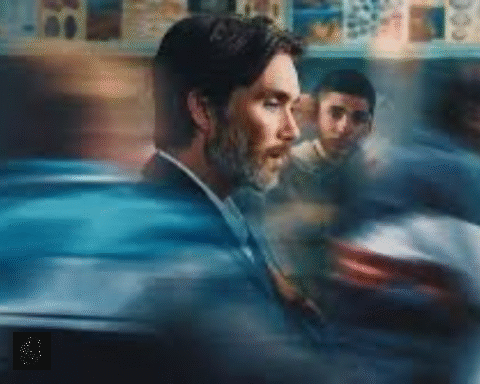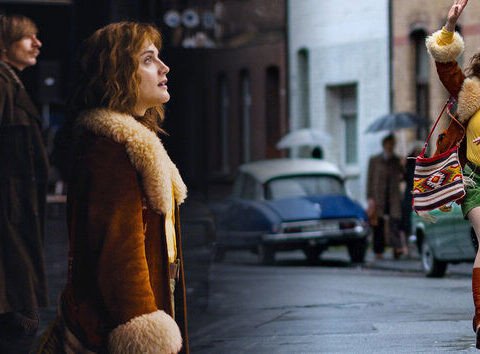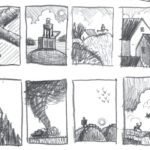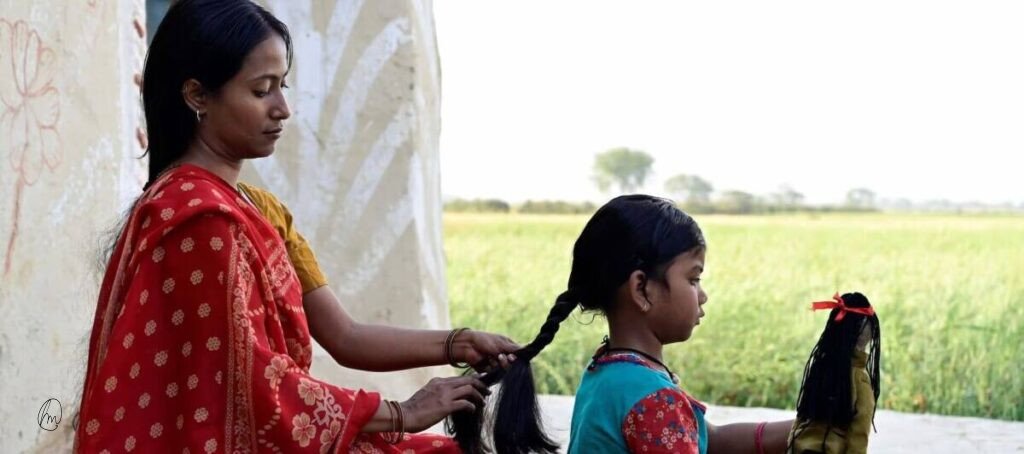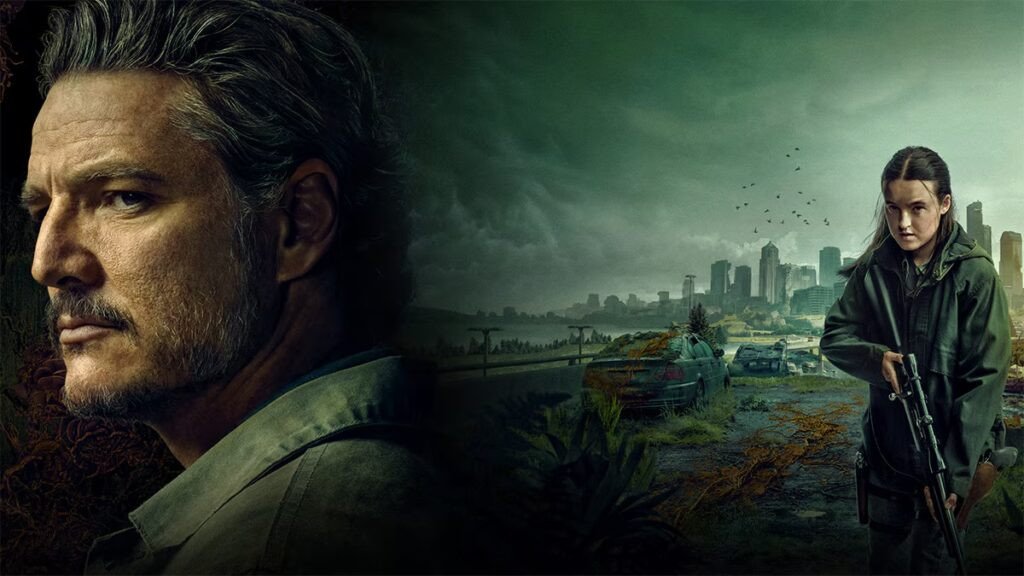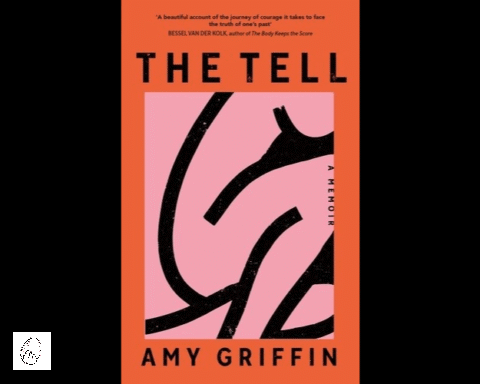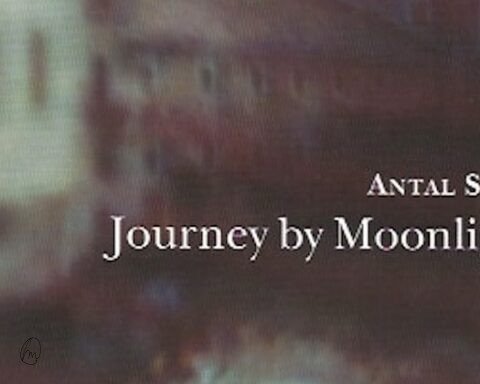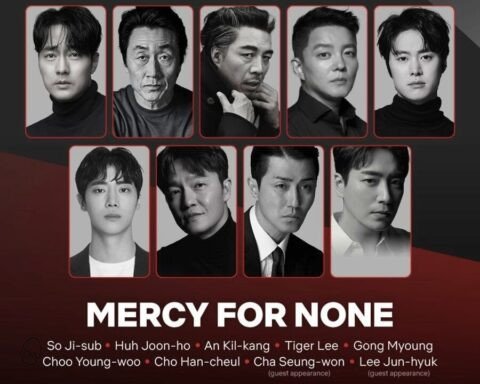Laetitia Colombani brought her own novel, The Braid, to life on the big screen in 2023. Two years on, this emotionally rich story has now found its way into Hungarian cinemas.
Hooray!
The writer-director’s bold “let’s make a movie!” idea has blossomed into a captivating, life-affirming, bucket list-worthy film, and above all, a deeply inspiring one.
The film sets out to showcase female strength and the magical, life-connecting laws of cause and effect that stretch across continents. Like Dante’s Divine Comedy, its narrative unfolds across three planes—spiritual, social, and emotional—driven by the boundless power of women. These threads interweave naturally and powerfully, without exaggeration. No over-calibrated colors. No off-key musical cues by Ludovico Einaudi.
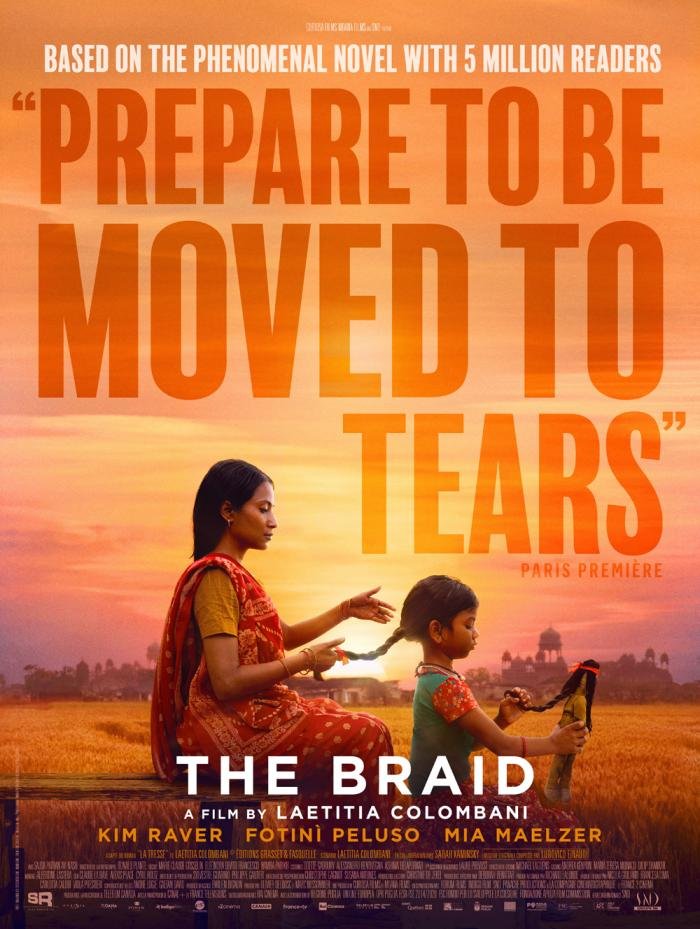
So, what is it about?!
The magic of life begins at the very bottom of India’s caste system, through the story of an untouchable family—from a caste whose members once had to walk backward in the streets, sweeping away their own footprints. The cleaners of latrines. The hunters of rats.
A young woman, Smita, gathers all her courage—defying her husband’s prohibition—and decides they must flee south to live with relatives. She undertakes the journey in the hope of a brighter future for their daughter—meaning, the chance to learn to read and write. In that southern region, the world is “more modern,” and their caste faces less abuse, offering a rare opportunity to enroll the child in school without beatings or humiliation.
But to make such a journey from the bottom of society, within a patriarchal system, one needs an inner fire—perhaps a fire only women possess. The fire of survival, fueled by purpose, drawn from the well of faith. Strength. The promise embedded in faith. The kind of strength needed after the loss of a family’s patriarch—to lift a debt-ridden household back to its feet. The kind of strength that dislodges one from the emotional security of rusty, bygone traditions—security that ultimately led to the family’s downfall.
This brings us to the unfolding drama of a beautiful small-town Italian family. In the second setting, Giulia (pronounced “Julia”), the middle daughter, discovers within herself a spark of faith strong enough to sweep away outdated traditions in pursuit of a more hopeful future. And that strength comes from where the emancipated bookworm least expected it: her father’s church funeral. The mass she heard there ignited a fire within her—the courage to save the multi-generational family business But here in Italy, it’s no longer about divine faith or fervent prayer. It’s about intellectual inspiration.
The seemingly independent, yet causally interwoven mosaic of settings and events gradually reveals what is essential to building a woman’s legal career—one that only a few ever attain.
Yet Sarah, the modern Canadian lawyer from the third storyline, is pulled onto a different path just before reaching the peak of her professional success. We are shown the daily life of a woman who is successfully raising three children on her own and, after more than a decade of relentless work without a single break, is standing at the threshold of becoming a full partner in a law firm—until the world she built begins to collapse. Because, as the film puts it:
“when you swim with sharks, you’d better not bleed.”
The scenes of this modern, traditionless world speak of fire burning out. Of ruins. Of the only way forward: recognizing the amazon within ourselves.
Go see the film—it’s worth it!
IMDb info
The original Hungarian article is: here
If you’d like to stay up to date with more interesting reads like this – or just relax with some laid back culture content – feel free to subscribe to the newsletter at the bottom of the page. If you do, please make sure to check the spam folder too, since the confirmation email might end up there. Agh, and don’t worry you will get news from the Heti Mocsok only twice a month!

